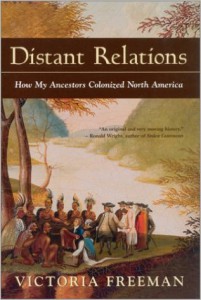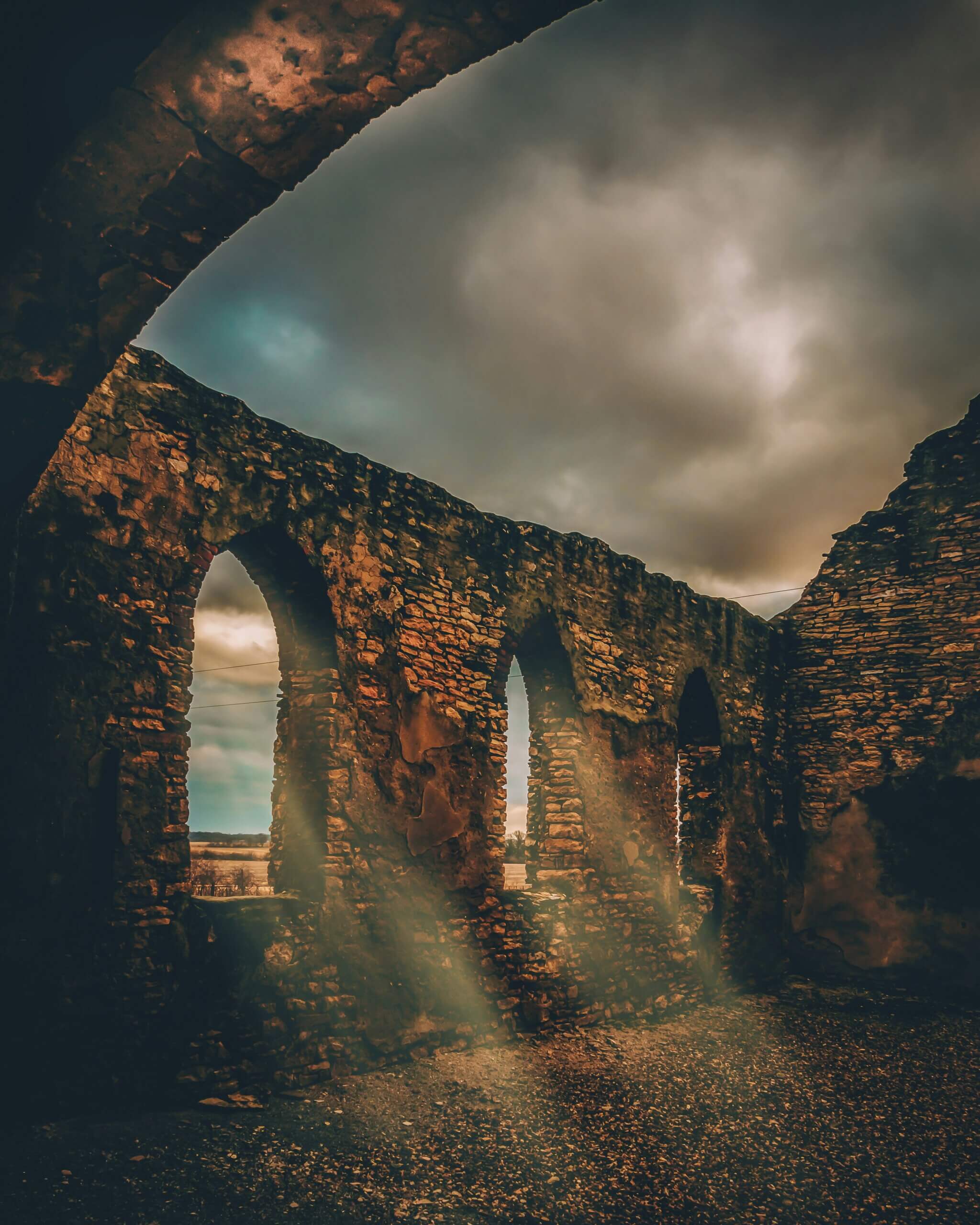Books
(Alphabetical by Title)
- Aboriginal Ontario (E.S. Rogers and Donald B. Smith, 971.30049 A15)
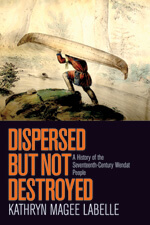 Dispersed but not Destroyed, A History of the Seventeenth-Century Wendat People (Kathryn Magee Labelle, 2013, 9780774825566)
Dispersed but not Destroyed, A History of the Seventeenth-Century Wendat People (Kathryn Magee Labelle, 2013, 9780774825566)
Situated within the area stretching from Georgian Bay in the north to Lake Simcoe in the east (also known as Wendake), the Wendat Confederacy flourished for two hundred years. By the mid-seventeenth century, however, Wendat society was under attack. Disease and warfare plagued the community, culminating in a series of Iroquois assaults that led to the dispersal of the Wendat people in 1649. Yet the Wendat did not disappear, as many historians have maintained. In Dispersed but Not Destroyed, Kathryn Magee Labelle examines the creation of a Wendat diaspora in the wake of the Iroquois attacks. By focusing the historical lens on the dispersal and its aftermath, she extends the seventeenth-century Wendat narrative. In the latter half of the century, Wendat leaders continued to appear at councils, trade negotiations, and diplomatic ventures — including the Great Peace of Montreal in 1701 — relying on established customs of accountability and consensus. Women also continued to assert their authority during this time, guiding their communities toward paths of cultural continuity and accommodation. Through tactics such as this, the power of the Wendat Confederacy and their unique identity was maintained. Turning the story of Wendat conquest on its head, this book demonstrates the resiliency of the Wendat people and writes a new chapter in North American history. (Notes by Keith)
-
In this interview on CBC’s 8th Fire the author talks about how she carries her grief, not guilt, about her ancestral role in colonization, and how grief is something we share. She also makes the excellent point that colonialism is not over. (Notes by Susie)
-
Huron-Wendat: The Heritage of the Circle(George E. Sioui [Author], Jane Brierley [Translator])
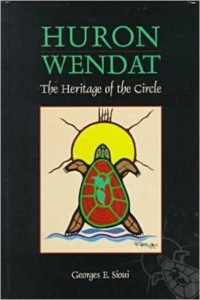
In this book, Georges Sioui, who is himself
Wendat, redeems the original name of his people and tells their centuries-old history by describing their social ideas and philosophy and the relevance of both to contemporary life. The question he poses is a simple one: after centuries of European and then other North American contact and interpretation, isn’t it now time to return to the original sources, that is to the ideas and practices of indigenous peoples like the Wendats, as told and interpreted by indigenous people like himself? (Notes by Keith)
Booklets
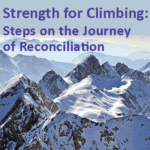 Strength for Climbing: Steps on the Journey of Reconciliation
Strength for Climbing: Steps on the Journey of Reconciliation
August 2015. This booklet is designed to help non-Indigenous communities begin on a path of reconciliation with Indigenous peoples. Available fordownload on the KAIROS website.
Articles
(By Author)
- Enns, Elaine. Facing history with courage: Towards ‘restorative solidarity’ with our indigenous neighbours
- Freeman, Victoria. “Toronto Has No History” PhD Thesis. This is a very dense version of the history of the Toronto region, but it is rich with information and references. It’s not the place to start, but there is lots to work with here. (Notes by Susie)
- Henry Jennifer, Courage of Convictions: Esther and Peter (Oct.2015); Heart Listening…A Requirement for Settler Christians (Oct. 2013)
- Methot, Suzanne. “Toronto” Is an Iroquois Word.
- Ojibwe Cultural Foundation Newsletter, Honouring the 1836 Treaty
- Tuck, Eve and Yang, Wayne. Decolonization is not a metaphor
- Williamson, Tara. We are All Treaty People
Recommended Reading Lists
- Senator Murray Sinclair’s Residential School reading list
- 10 Books to Read with Your Kids About Residential Schools CBC list
- Indigenous summer reading: 3 top picks by Shelagh Rogers (July 2015)
- Indigenous summer reading: 3 top picks by Lisa Charleyboy (July 2015)
- Indigenous summer reading: 3 picks by graphic novelist David Robertson (July 2015)

